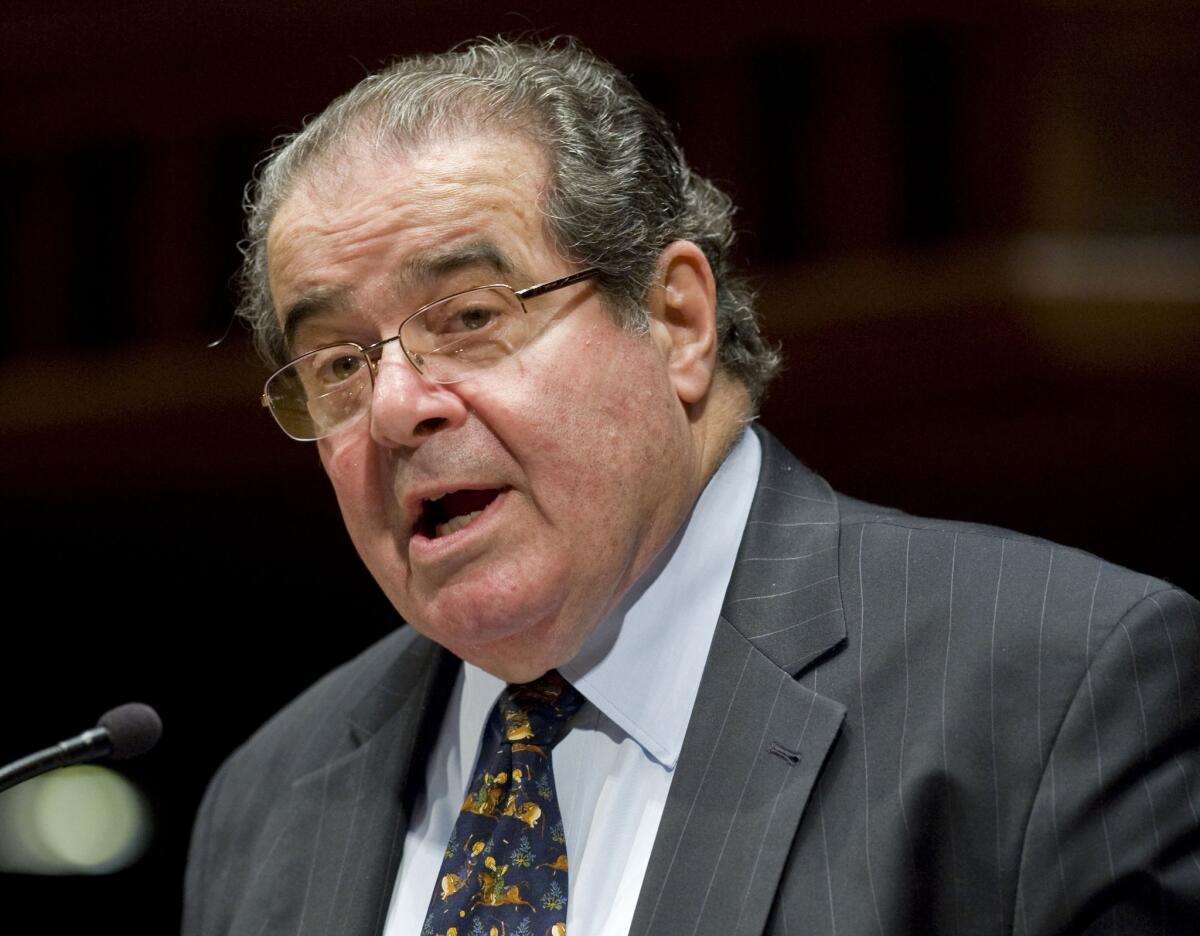Supreme Court ruling could mean new trial for Alabama death row inmate

WASHINGTON - It’s unusual for this Supreme Court to overturn a death penalty conviction, more so without dissents from conservatives Clarence Thomas and Antonin Scalia.
But Monday all nine justices found a double murder conviction so troubling that without hearing oral arguments they rebuked an Alabama appeals court and sent the case back to consider whether Anthony R. Hinton deserved a new trial.
In three restaurant robberies in Birmingham 29 years ago, two restaurant managers were killed and one injured. The injured manager identified Hinton. But Hinton was charged with the two deaths solely on the strength of ballistics evidence indicating that a .38-caliber revolver found at Hinton’s home was the weapon used in all three shootings.
Hinton’s defense lawyer, and even the trial judge, mistakenly believed the state would pay just $1,000 for an expert witness. The lawyer, who was not identified in the opinion, later testified that he knew the only expert he could afford, Andrew Payne, was not very good, but he hired him anyway.
Payne testified at the trial that the bullets from the three crime scenes did not match. But prosecutors ridiculed his testimony, getting Payne to admit he was unable to use a particular type of microscope, had only testified in one other similar case and had just one eye.
Although witnesses testified Hinton was working at a warehouse at the time of one of the shootings, the jury believed the prosecution’s ballistics expert and voted to convict.
Hinton got new representation from an Alabama nonprofit legal organization, and his new lawyers found three expert witnesses, including the former head of the FBI firearms unit, who all testified that none of the bullets could be tied to Hinton’s revolver.
In a 14-page unsigned opinion, the Supreme Court said Hinton’s defense appeared to be constitutionally inadequate because the lawyer made the “inexcusable mistake” of not understanding the resources available to him and thereby hired an expert whom he thought inadequate.
The justices sent the case back to the Alabama Court of Criminal Appeals for reconsideration. Hinton’s lawyer, Bryan A. Stevenson, said he was “very optimistic” that Hinton would prevail.
Twitter: @timphelpsLAT
Follow LATimes National on Facebook
More to Read
Sign up for Essential California
The most important California stories and recommendations in your inbox every morning.
You may occasionally receive promotional content from the Los Angeles Times.











